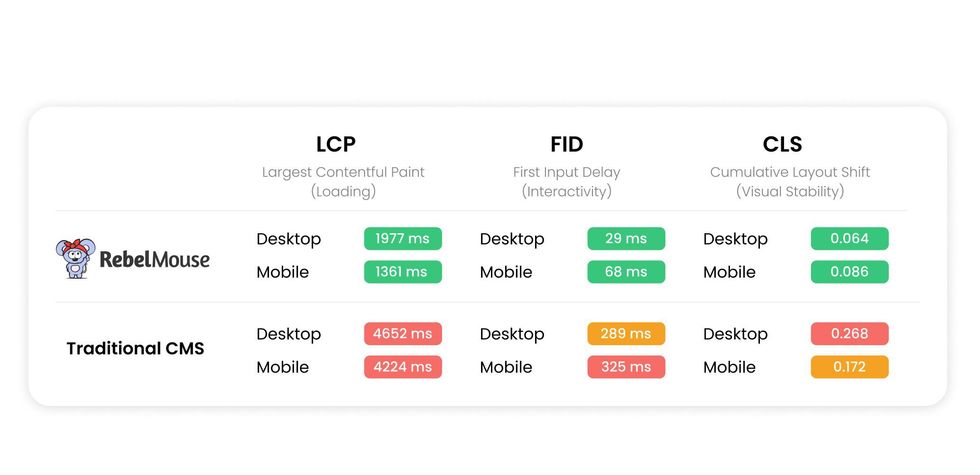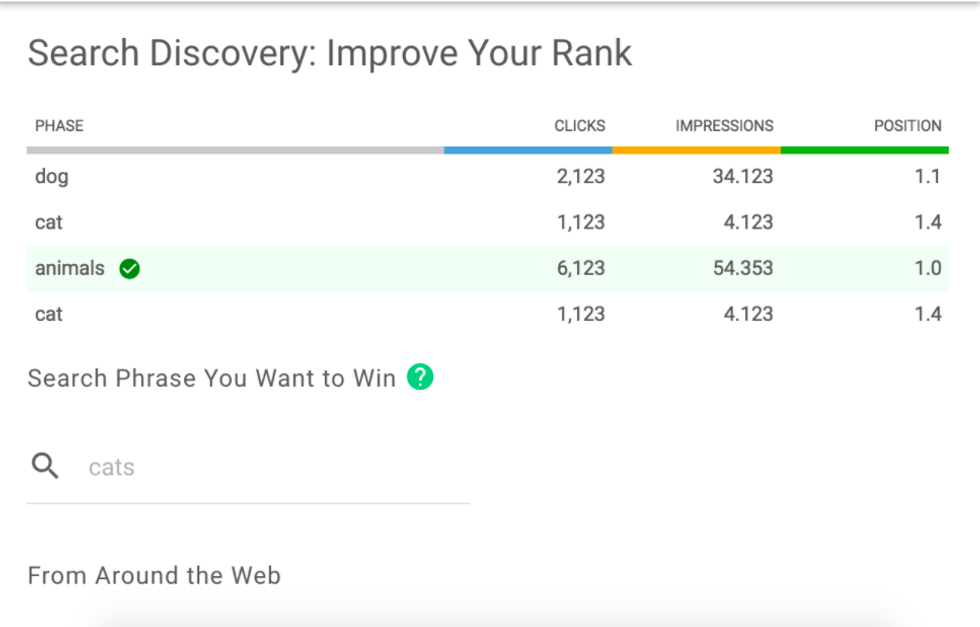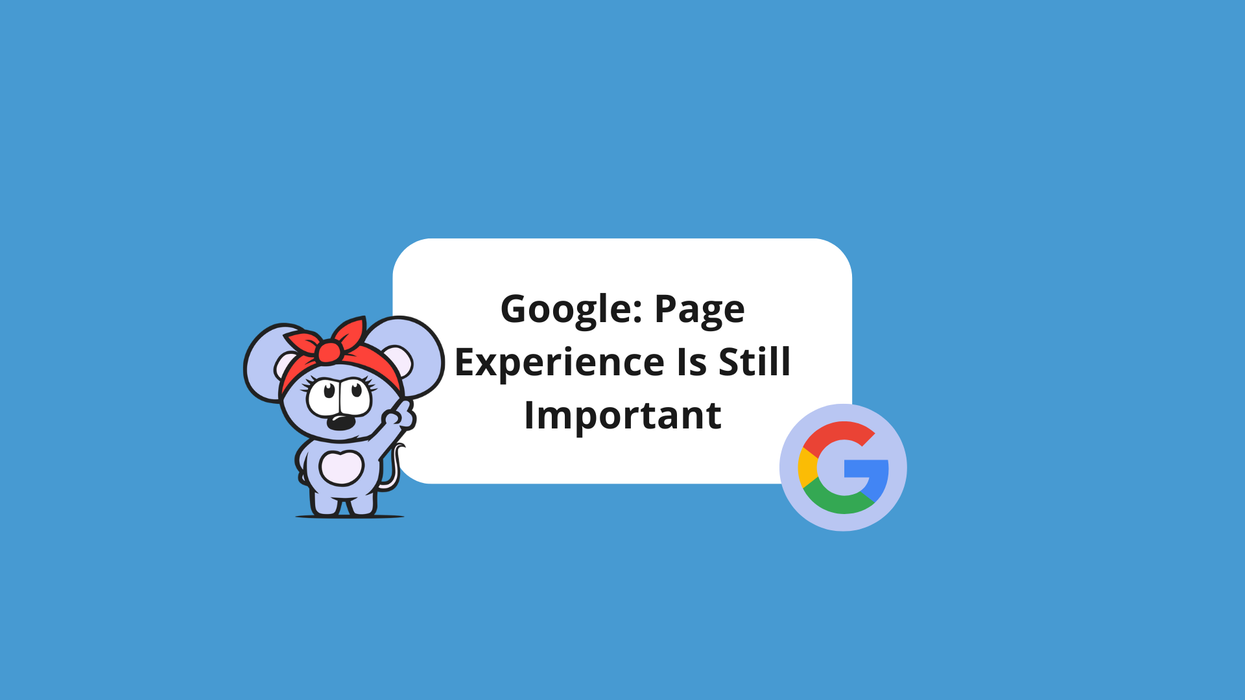There was some confusion recently when Google deprecated some reports in Search Console and removed the following from a post about ranking systems:
- Page experience system
- Mobile-friendly ranking system
- Page speed system
- Secure sites system
Many people interpreted this to mean that the search giant no longer cares about page experience. Until Google came out to debunk that.
In a clarifying tweet, Google SearchLiaison wrote about the post:
It does *not* say page experience is somehow "retired" or that people should ignore things like Core Web Vitals or being mobile-friendly. The opposite. It says if you want to be successful with the core ranking systems of Google Search, consider these and other aspects of page experience.
Let's discuss each aspect of this.
So what happened with the ranking systems?
Page experience, page speed, etc. were just miscategorized, as they are not ranking systems, they are signals. They should have never been listed as systems to begin with. Google simply cleaned that up. In Google's precise words:
Ranking *systems* are different than ranking *signals* (systems typically make use of signals). We had some things listed on that page relating to page experience as "systems" that were actually signals. They shouldn't have been on the page about systems. Taking them off didn't mean we no longer consider aspects of page experience. It just meant these weren't ranking *systems* but instead signals used by other systems.
So they're still important?
Yes, absolutely!
Google's Danny Sullivan specifically wrote:
"Having a great page experience can contribute to success in Search." He said this while also cautioning that the most relevant content is always #1, even if the page experience is subpar. But for many queries, content is relevant so signals like page experience come into play next and can be the difference.
Are Core Web Vitals, mobile-friendliness, HTTPS usage, etc. still signals used in search rankings?
Yes, indeed.
Sullivan said on this, "all of these aspects of page experience align with success in search ranking, and are worth attention." In other words, they're all signals that are taken into consideration.
When did Google differentiate updates from ranking systems?
 RebelMouse outperforms the competition on Core Web Vitals.
RebelMouse outperforms the competition on Core Web Vitals.That happened back in November 2021. It was introduced here.
In Google's words:
Going forward, we'll be more precise with our wording when differentiating systems from updates. Yes, we'll still have things like a "helpful content update" or a "product reviews update," but when possible we will explain those as updates to the respective systems, such as the "helpful content system" and the "product reviews system." We'll also be refreshing our help pages to reflect this terminology change, over time.
And the changes to Google Search Console?

RebelMouse's Google Search Console integration.
Google says they're retiring the Mobile Usability report from Google Search Console later this year.
Google puts it like this:
Starting December 1, 2023, we'll be retiring Search Console's "Mobile Usability" report, the Mobile-Friendly Test tool and Mobile-Friendly Test API. This doesn't mean that mobile usability isn't important for success with Google Search. It remains critical for users, who are using mobile devices more than ever, and as such, it remains a part of our page experience guidance. But in the nearly ten years since we initially launched this report, many other robust resources for evaluating mobile usability have emerged, including Lighthouse from Chrome.
The bottom line?
"Google's core ranking systems look to reward content that provides a good page experience." —Google SearchLiaison
And that's the key. Page experience isn't being de-ranked. It's just as important as it was before, no change.

